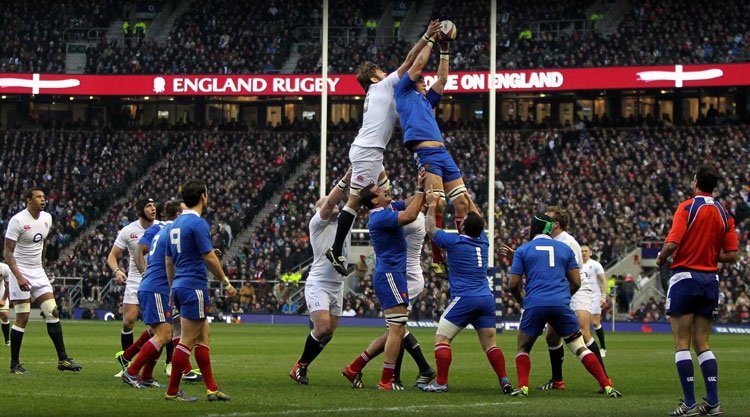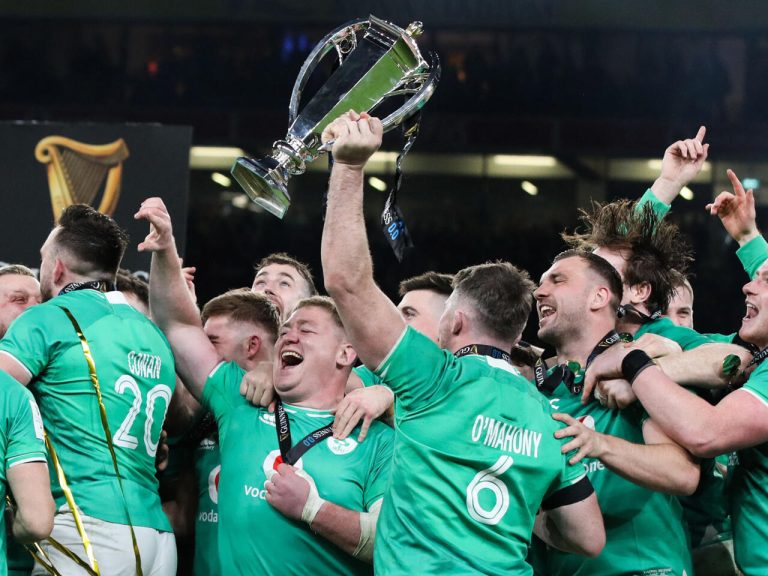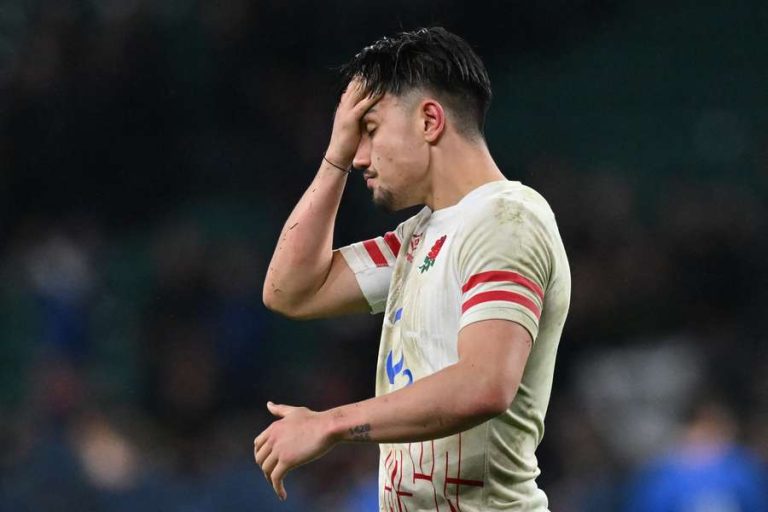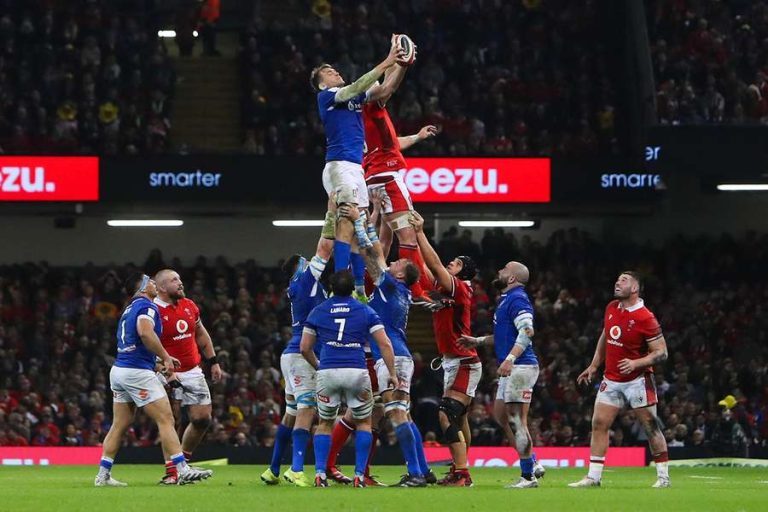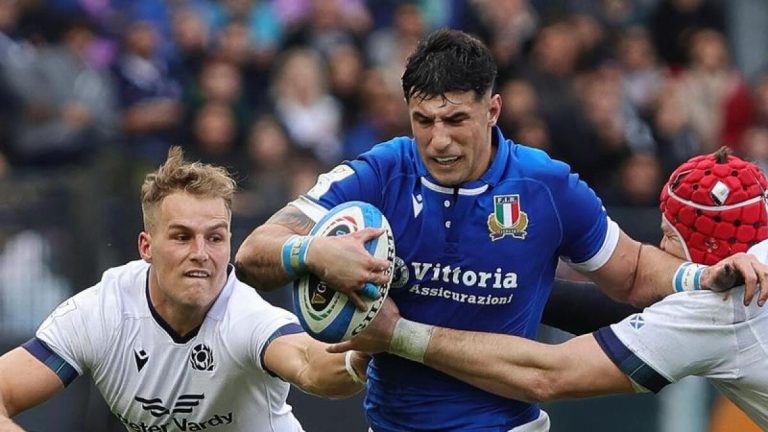Melbourne Rebels Laid to Rest as Rugby Union Continues to Retreat in Australia
The Melbourne Rebels joined Super Rugby in 2011 amid high hopes of establishing a strong rugby union presence in Australia’s most competitive sports market. However, on Thursday, those aspirations were dashed as Rugby Australia (RA) rejected a consortium’s plan to rescue the debt-ridden club.
Despite the loyalty of fans who have endured 14 seasons with limited success, the Rebels’ future looks bleak. As they prepare for their first playoffs in Super Rugby Pacific, the likelihood of a farewell game in Melbourne is slim. With their last regular season match against the Fijian Drua on Saturday, the Rebels must win their away quarter-final and rely on other results to return home to Melbourne Rectangular Stadium.
RA has already invested over A$6 million this year alone to support the Rebels, on top of tens of millions spent throughout their Super Rugby tenure. The governing body may be relieved not to finance a home game given the club’s financial woes. The stadium’s operators, alongside other unsecured creditors including the Australian Taxation Office, are owed more than A$11 million. These creditors had accepted the consortium’s rescue plan despite expecting to recover only 15 cents on the dollar, but RA decided it was time to cut their losses.
“We have limited resources, limited finances,” RA CEO Phil Waugh stated on Thursday. “We have to live within our means.”
Loyalties Spread Thin
Australia will revert to four Super Rugby teams, the same number as after the Western Force were cut from the competition in 2017 due to financial concerns. At that time, the Rebels were spared, largely due to support from the Victoria state government, which sought to secure lucrative Wallabies tests in Melbourne. However, this time, the government declined to provide additional funding to save the Rebels, according to RA.

The Force’s removal sparked significant backlash in Perth, with thousands of fans protesting, but it remains to be seen if the Rebels’ closure will evoke a similar response in Melbourne. The city, Australia’s most populous, is home to over a dozen professional sports teams, including nine Australian Rules football clubs and three soccer teams. This saturation makes it challenging for new clubs to establish themselves, especially when loyalties are divided across so many sports.
Australian Rules football dominates Melbourne, with rugby pitches being rare and the local rugby community weak. The Melbourne Storm, co-tenants of the Rectangular Stadium with the Rebels, have established a strong presence since bringing professional rugby league to the city in the 1990s, achieving four National Rugby League championships through on-field success.
In contrast, the Rebels have struggled, reaching only one playoff in a domestic tournament in 2020 and none in a full Super Rugby competition until this year. Five coaches, including current boss Kevin Foote, have attempted to build successful teams primarily composed of players from more rugby-centric states, but none achieved a positive win-loss record.
The dissolution of the Rebels will benefit Australia’s remaining Super Rugby teams, who can acquire the best players to strengthen their rosters and potentially enhance their competitiveness against New Zealand’s dominant sides. RA, which secured an A$80 million loan from a private lender last year, may be relieved to avoid further financial commitments to the struggling club amid broader financial challenges in other Super Rugby teams.
However, the loss of the Rebels means rugby union will no longer have a presence in a major sports market, diminishing the likelihood of establishing a foothold there in the foreseeable future.


